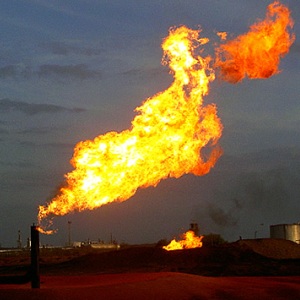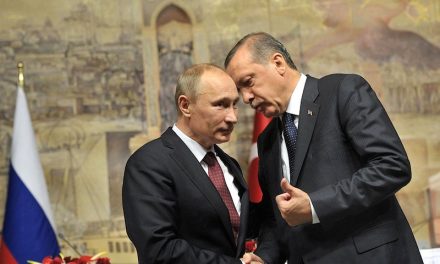By Craig Pirrong, Seeking Alpha
Der Spiegel reported that Greek officials claim that the country is on the verge of signing a deal with Russia that would give the Greeks €5 billion upfront, to be repaid from transit fees on a yet-to-be-built Turkish Stream pipeline: the Russians deny any deal. The quoted (but anonymous) Greek official said that this would “turn the tide” for Greece.
Really?
Some thoughts off the top.
First, Greece owes €320 billion, including payments of €30 billion in 2015 alone. It is “scraping the bottom of the barrel” by borrowing from various state entities (e.g., the public transport system) to meet April payroll. It has a budget deficit of €23 billion. Deposits at Greek banks fell by about €20 billion last week. This creates a liability for the Bank of Greece to Target2 (i.e., to the members of the ECB). A measly €5 billion will buy it a few weeks time, at best.
Second, it’s not as if creditors (e.g., the EU and the IMF and Target2 members) are going to give Greece discretion over how to spend this money. And they have many levers to pull. So it would set the stage for more arguments between the creditors and the debtor.
Third, the Russians are likely to write terms that secure the debt and give it priority over other creditors (at least with respect to any future transit fees). (Just remember how tightly the Russians crafted the Yanuk Bonds.) The Euros will flip out over any such terms. This would set up an epic The Good, The Bad, and the Ugly three-way standoff.
Fourth, this initiative would be directly contrary to European energy policy, which is finally attempting to reduce dependence on Russia and limit vulnerability to Russian gasmail and the use of energy as a wedge to create divisions within the EU.
Fifth, what are the odds that the pipeline will get built? The Europeans are against it. It requires the Greeks and the Turks to play well together, and we know how that usually works out. It requires additional investment in infrastructure in Turkey, which is problematic. Further, the Russian track record on these sorts of projects leaves much to be desired.
So what happens if the pipeline isn’t built, or is delayed significantly? No doubt the Russians will anticipate this contingency in the debt agreement, and write things in such a way that they have security or priority, which will just spark another battle with Greece’s European creditors.
In sum, such a deal would hardly be a solution to Greece’s problems. Indeed, it only escalates conflicts between Greece and the EU.
Which may be Putin’s purpose, exactly. Exacerbating Greek-EU conflict over a matter involving Russia directly at a time when Greece could scupper the extension of sanctions against Russia suits Putin perfectly. The fact that the pipeline is as much pipe dream as realistic project doesn’t matter a whit. This is all about stirring trouble. And that’s Putin’s specialty.



















